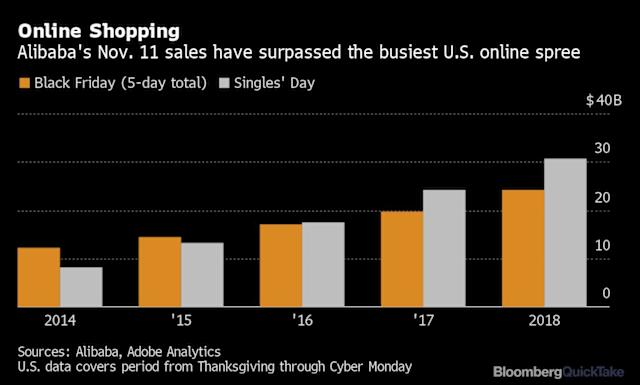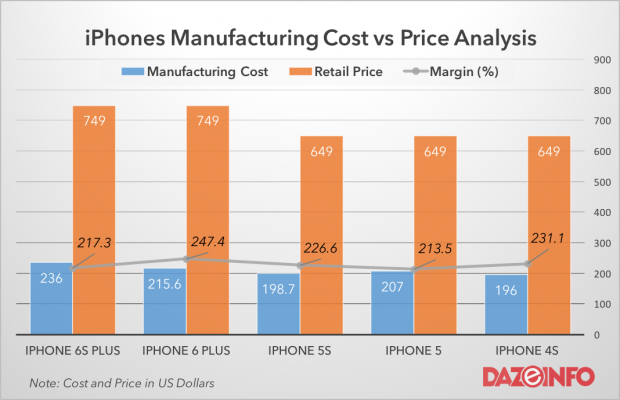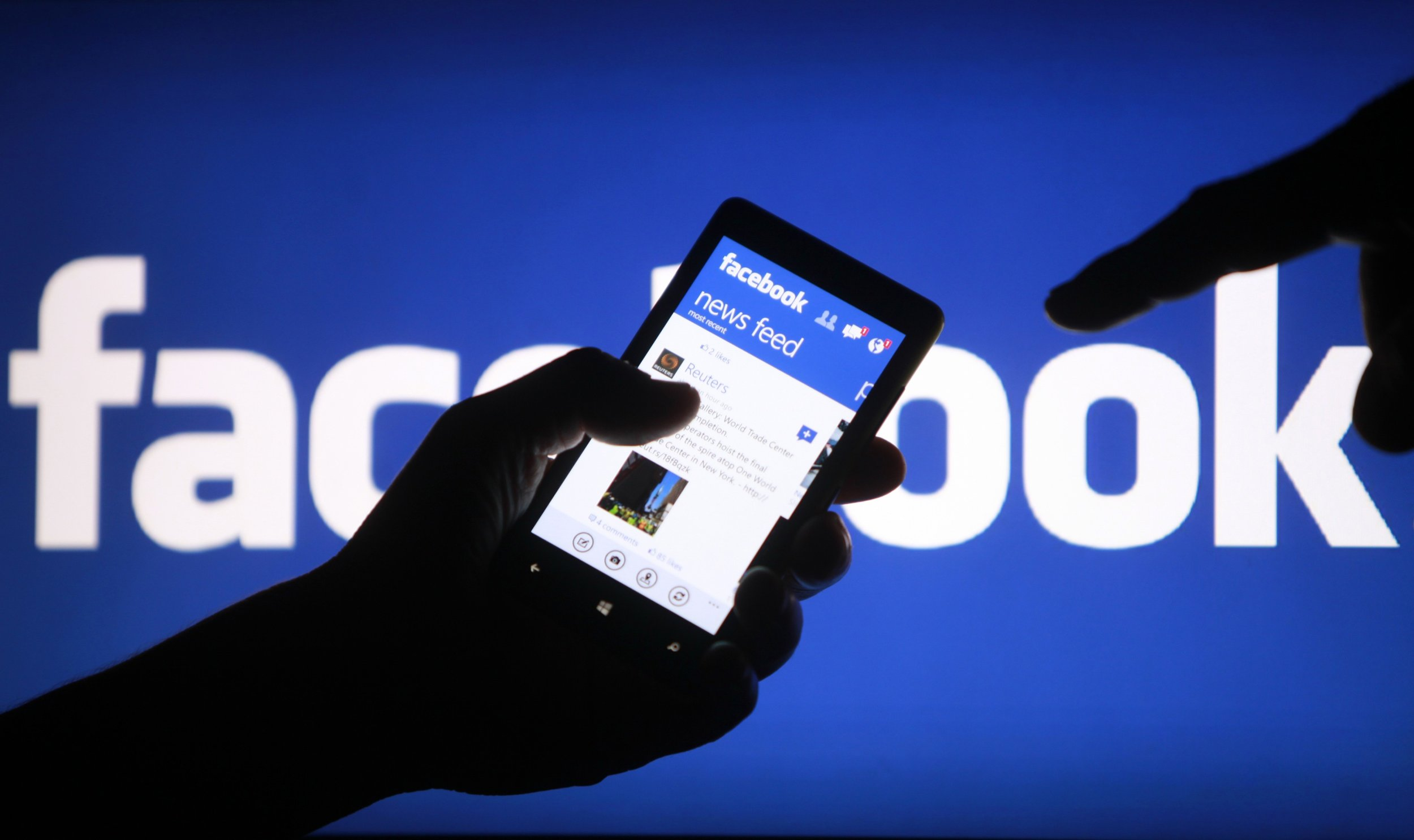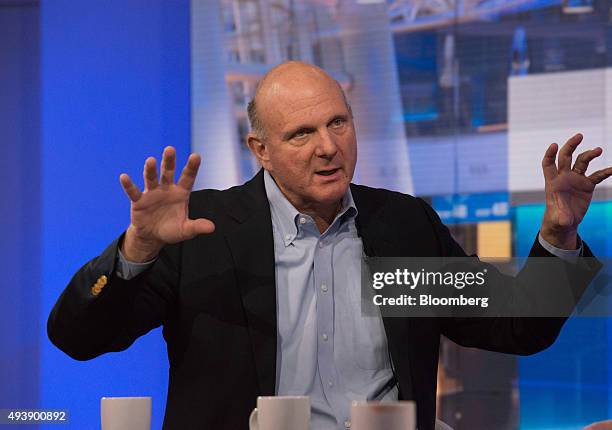The Singles Day sales record was shattered this year, as Chinese shoppers demonstrated unparalleled enthusiasm for online shopping on November 11. In an incredible display of consumer power, they spent a staggering $1 billion in just eight minutes, showcasing the immense popularity of this annual shopping event. Originating from Alibaba, the Singles Day phenomenon has rapidly escalated since its inception in 2009, becoming synonymous with record spending in China. This year’s event saw a spectacular jump from last year’s $9.3 billion total to a mind-blowing $14.3 billion in sales, driven by the excitement surrounding China online shopping. With such soaring figures, Singles Day 2023 reinforces its status as a colossal force in the global retail landscape.
Referred to as the Double Eleven shopping festival, this iconic event has transformed into a cultural staple within Chinese society, marked annually on November 11. The profound influence of Alibaba Singles Day over e-commerce cannot be overstated; it not only boosts local businesses but also captivates millions of consumers eager for deals. In recent years, the record spending China has experienced on this date demonstrates a growing trend toward digital retail, significantly shaping the way items are marketed and sold. With shoppers reaching for their devices, the anticipation surrounding Singles Day 2023 continues to build, positioning itself as not merely a shopping day but an immersive experience representing the pinnacle of online consumerism.
Singles Day 2023: A New Record in Online Shopping
The Singles Day sales record was shattered in 2023, with Chinese shoppers achieving an astonishing feat by spending $1 billion within a mere eight minutes. This remarkable milestone highlights the explosive growth of e-commerce in China, driven largely by the strategies employed by Alibaba, the dominating force in the online retail sector. Consumers eagerly anticipate this annual event, which has transformed into the world’s largest shopping extravaganza since its inception in 2009, illustrating the unparalleled enthusiasm for digital shopping in the Chinese market.
Singles Day 2023 set a new benchmark in online shopping, as the total spending reached $14.3 billion on Alibaba.com within just 24 hours. This tremendous figure illustrates the rapid evolution of consumer behavior, where online shopping has become an ingrained part of daily life for millions in China. As sales skyrocketed, it became evident that the event had surpassed previous years’ performance, emphasizing the shift towards a more digital economy, particularly in the wake of the pandemic where online platforms have become essential for retail.
The Rise of China’s Online Shopping Culture
China has witnessed a tremendous shift towards online shopping, particularly through significant events like Singles Day. The rise of e-commerce is attributed to various factors, including the digitization of retail, widespread smartphone usage, and robust internet connectivity. As a result, shopping norms have shifted dramatically; with Singles Day emerging as a flagship representation of this transformation, it effectively showcases the vibrant online shopping culture that is now the norm among Chinese consumers.
In recent years, companies like Alibaba have harnessed innovative marketing techniques and unique promotional strategies to capture the attention of online shoppers. The annual Singles Day event not only illustrates record spending in China but also serves as a global case study in effective consumer engagement through digital platforms. As businesses continue to adapt and optimize their strategies around this event, it has solidified its status as an essential fixture in the Chinese retail calendar, further propelling the online shopping phenomenon.
Comparative Analysis: Singles Day vs. Cyber Monday
When comparing Singles Day to Cyber Monday, the differences in consumer behavior and sales outcomes become clear. While Cyber Monday, which takes place after Thanksgiving in the United States, generated $2.04 billion in sales in 2014, Singles Day trumps this figure spectacularly. In just the first few minutes of offering deals, sales on Singles Day 2023 exceeded this amount by leaps and bounds, amassing a staggering $1 billion in just eight minutes. This stark contrast highlights the sheer scale and enthusiasm of the Chinese online shopping market.
Furthermore, peak shopper engagement during Singles Day reached an unprecedented 45 million users simultaneously, showcasing the intense competition among retailers and brands to attract consumers. The scale of Alibaba’s infrastructure, combined with their strategic marketing plans, has enabled them to dominate the online shopping landscape in China effectively. In comparison, Cyber Monday’s approach has not yet reached such monumental heights, clearly demonstrating the unique position Singles Day holds in the global online shopping marketplace.
Alibaba’s Role in Transforming Singles Day
Alibaba has played a pivotal role in transforming Singles Day into a cultural phenomenon and a global shopping event. By introducing creative marketing tactics and leveraging social media, the company has effectively captured the imagination of consumers, turning what started as a modest sales event into a multi-billion dollar extravaganza. Their commitment to creating exclusive deals and engaging shopping experiences has drawn millions of shoppers to participate eagerly.
In 2023, the impact of Alibaba’s strategies was evident as spending exceeded previous records, indicating a mastery of consumer behavior and market trends. Through continuous innovation, such as incorporating features like live streaming and gamified shopping experiences, Alibaba not only raises the stakes for sales but also enhances customer engagement, solidifying Singles Day’s position as an exemplary event in the realm of global online shopping.
What Makes Singles Day Unique?
Singles Day is unique not only because of its timing—November 11—but also due to the various cultural elements associated with it. Initially conceived as a day for single individuals to celebrate, the event morphed into a nationwide shopping festival thanks to Alibaba’s marketing strategies. This dual purpose of celebrating individualism while promoting consumerism has resulted in a dynamic shopping experience unlike any other, attracting diverse demographics across China.
Additionally, the sheer number of deals and discounts available during Singles Day creates an exciting shopping atmosphere. Retailers across various sectors prepare meticulously for this day, ensuring that consumers have a plethora of options to choose from. This competitive edge leads to increased sales, and in 2023, consumers thoroughly embraced the opportunity to save while shopping for their favorite brands and products, further cementing Singles Day’s status in the global retail landscape.
Consumer Behaviour Trends during Singles Day
The 2023 Singles Day revealed fascinating trends in consumer behavior that underscore how shopping preferences are evolving in the digital age. Shoppers are increasingly looking for personalized experiences, engaging with brands that offer tailored recommendations based on their past purchases. Social media influence has also dramatically increased, with many using platforms to discover new products and share the excitement of their finds, showcasing how interconnected shopping has become in today’s digital landscape.
Moreover, mobile shopping has become the norm during the Singles Day event, with a significant percentage of purchases being made through mobile devices. This transition illustrates a broader trend of consumers favoring convenience and accessibility, reinforcing the necessity for retailers to optimize their platforms for mobile usage. The data from Singles Day 2023 indicates that retailers who focused on enhancing mobile shopping experiences saw even greater spikes in sales, aligning with the expectations of tech-savvy consumers.
Insights from Record Spending in China
The record spending observed during Singles Day emphasizes the robust purchasing power of Chinese consumers. With a total of $14.3 billion spent in a single day, it’s clear that economic growth and rising disposable incomes have shaped the shopping landscape in China. This phenomenon reflects a significant shift in consumer confidence, where individuals are willing to invest in products from both domestic and international brands within a short timeframe.
In addition, the willingness to spend also highlights the effective marketing strategies employed by Alibaba and participating brands. Flash sales, limited-time offers, and exclusive releases are some tactics that keep shoppers engaged and spur impulsive buying—resulting in staggering figures that surpass expectations. This pattern of consumer behavior showcases the importance of adaptive marketing in capitalizing on moments of heightened spending.
The Future of Singles Day: What Lies Ahead?
As Singles Day continues to thrive, the future seems promising, but also challenging. Brands and retailers must stay ahead of rapidly changing consumer preferences to maintain engagement and encourage spending during this monumental shopping event. With rival online shopping days emerging globally, such as Black Friday and Cyber Monday, ensuring that Singles Day remains relevant will require constant innovation and adaptation to new technologies and shopping trends.
Looking ahead, we may witness the growth of even more immersive shopping experiences, with technologies like augmented reality and artificial intelligence playing a significant role. Personalization will be key; brands that provide tailored shopping experiences can expect to see increased loyalty and spending from consumers. As Alibaba and others continue to set the pace for e-commerce evolution in China, Singles Day will undoubtedly remain a focal point for the future of online retail.
Leveraging Social Media for Singles Day Success
Social media continues to be an influential factor for brands seeking success during Singles Day. Companies utilize platforms like Weibo and WeChat to create buzz around their promotions, enhancing visibility and encouraging consumer interaction. This social engagement not only drives traffic to e-commerce platforms but also fosters a sense of community among shoppers, who share their experiences and products with friends and followers.
In the lead-up to Singles Day 2023, the strategic use of influencer partnerships further amplified marketing efforts. Influencers create relatable content that resonates with a wide audience, guiding shoppers toward specific products and deals. Consequently, brands that successfully harness the power of social media can create substantial momentum ahead of the big day, ultimately translating to record-breaking sales and consumer interest, as witnessed in the latest Singles Day figures.
Frequently Asked Questions
What is the significance of the Singles Day sales record in 2023?
The Singles Day sales record in 2023 marked a historic achievement as Chinese consumers spent a staggering $1 billion within just eight minutes. This illustrates the immense growth of China’s online shopping sector, particularly during the November 11 shopping event.
How does the Singles Day 2023 sales record compare to previous years?
In 2023, Singles Day sales surpassed last year’s record by $5 billion, with total spending reaching $14.3 billion on Alibaba.com within 24 hours, showcasing a remarkable trend in record spending China during this annual shopping bonanza.
What are the key highlights of the Singles Day sales record from Alibaba?
Key highlights from the Singles Day sales record include $1 billion spent in the first eight minutes and sales exceeding RMB 100 million, approximately $15.72 million, in just 18 seconds. These figures exemplify the overwhelming popularity of Singles Day as China’s largest online shopping event.
How did Singles Day become the largest online shopping event in China?
Singles Day, introduced by Alibaba’s founder Jack Ma in 2009, has transformed into China’s largest online shopping event due to its strategic marketing and the growing trend of online shopping. The event, celebrated on November 11, has continually set records in spending, with 2023 showing unprecedented growth.
What factors contributed to the record spending in China during Singles Day 2023?
The record spending during Singles Day 2023 can be attributed to several factors, including massive promotions by Alibaba, increased online consumer engagement, and the growing popularity of e-commerce in China, which collectively fueled unprecedented sales figures.
What does Singles Day represent for Chinese consumers?
Singles Day represents not only a day of significant online shopping deals but also a cultural phenomenon in China, celebrating self-love and attracting millions of shoppers online to enjoy exclusive discounts during the November 11 shopping event.
How does Singles Day compare to other global shopping events like Cyber Monday?
Compared to Cyber Monday, which recorded $2.04 billion in sales in 2014, the Singles Day sales record in 2023 highlights a striking difference, with Alibaba registering $14.3 billion in just one day, underscoring the dominance of Singles Day in the global online shopping landscape.
| Metric | Value |
|---|---|
| Amount spent in first 8 minutes | $1 billion |
| Total sales in 24 hours | $14.3 billion |
| Sales surpassed in just 18 seconds | $15.72 million (RMB 100 million) |
| Year Singles Day was introduced | 2009 |
| Number of shoppers at peak | 45 million |
| Comparison with Cyber Monday 2014 | $2.04 billion in the USA |
Summary
The Singles Day sales record has been shattered this year as Chinese consumers spent a staggering $1 billion in just eight minutes. This remarkable achievement highlights the increasing popularity and impact of Singles Day in the global shopping landscape. Since its inception in 2009, Singles Day has evolved from a day of celebration into the world’s largest online shopping event, surpassing previous sales records repeatedly. With total sales reaching $14.3 billion in just one day, it is evident that Alibaba’s initiative has transformed not only consumer behavior but also the scope and scale of retail in the digital age.








